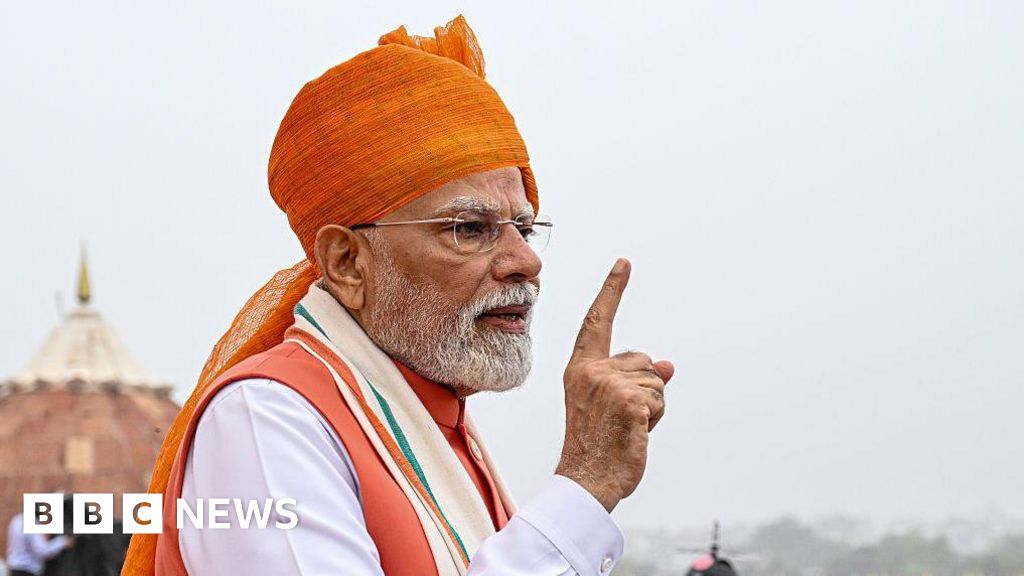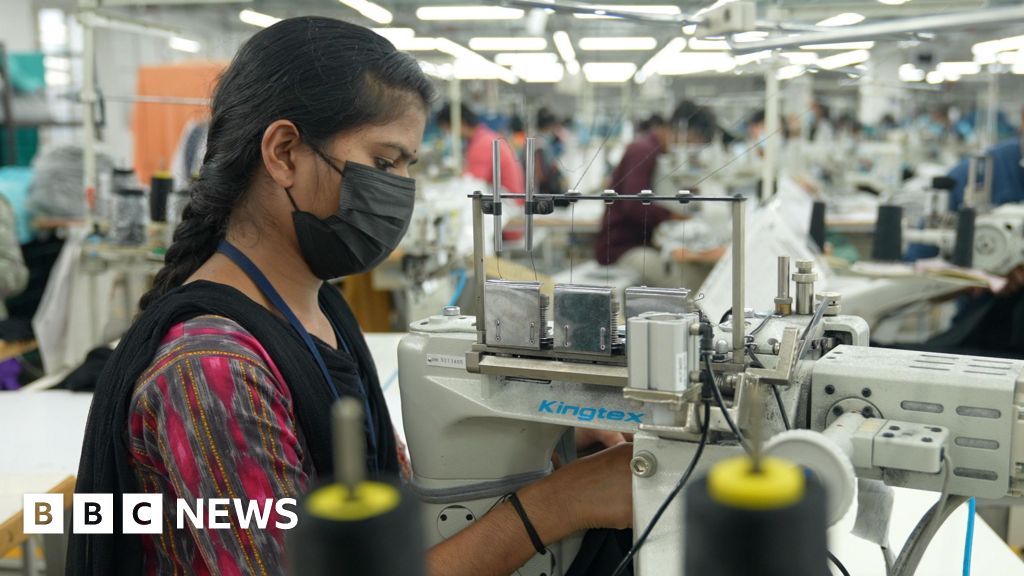The US government has announced an immediate tariff of 17% on Mexican tomatoes, a move it claims is designed to protect American tomato growers from alleged price undercutting by Mexican imports. According to the US Secretary of Commerce, Howard Lutnick, the measure responds to what officials describe as unfair trade practices that have harmed local farmers for too long. Mexico has firmly rejected these claims, attributing the success of its tomato exports to superior quality.
Experts warn that consumers can expect increased prices on various tomato-based products, including pizza sauces and salsas, as around 70% of tomatoes consumed in the US are sourced from Mexico, according to the Florida Tomato Exchange. While proponents of the tariff believe it will incentivize purchases of domestically-grown tomatoes, the Mexican government argues that the reliance on its tomatoes makes substitution nearly impossible.
In a bid to mitigate the impact on Mexican producers, the government plans to negotiate a new trade deal while seeking alternative markets for their growers. The roots of this trade dispute extend back to 1996 when US tomato growers first sought government intervention, alleging their products were being underpriced by Mexican sellers. Following multiple agreements to suspend tariffs, the latest suspension agreement, signed in 2019, has now been terminated by the US.
With escalating tensions, President Trump has hinted at broader tariffs of up to 30% on all Mexican imports starting August 1, citing a lack of sufficient action by Mexico in combatting narco-trafficking issues. He has similarly targeted other trading partners, including Brazil and China, suggesting an increasing reliance on tariffs as a tool in US trade policy.
The continuously evolving situation raises questions about the future of agricultural trade and food prices in the United States as the implications of these tariffs unfold.





















